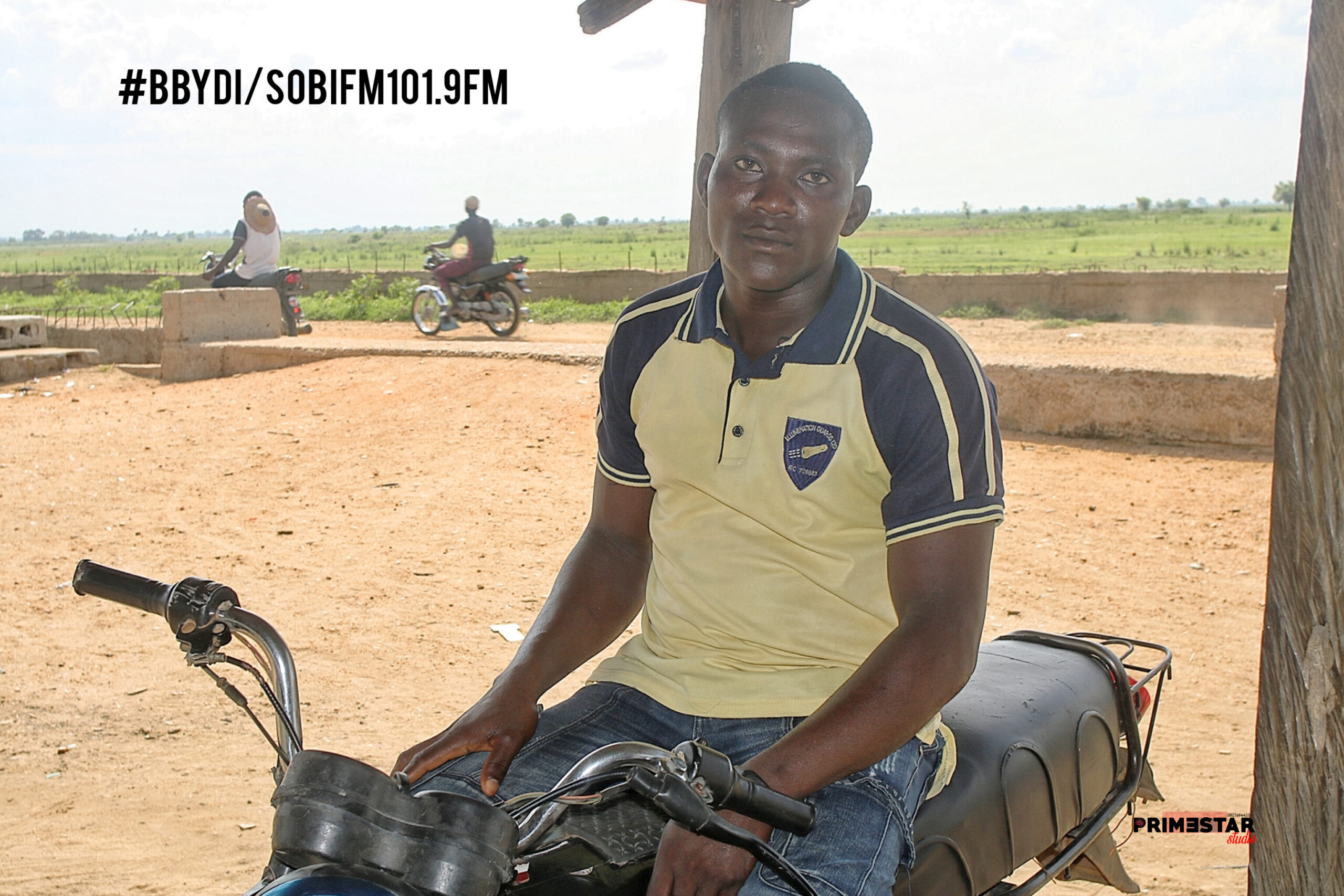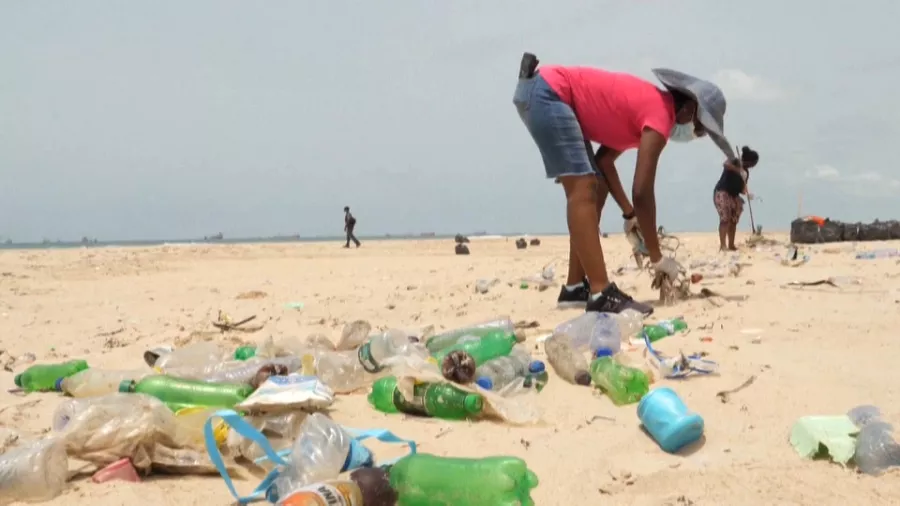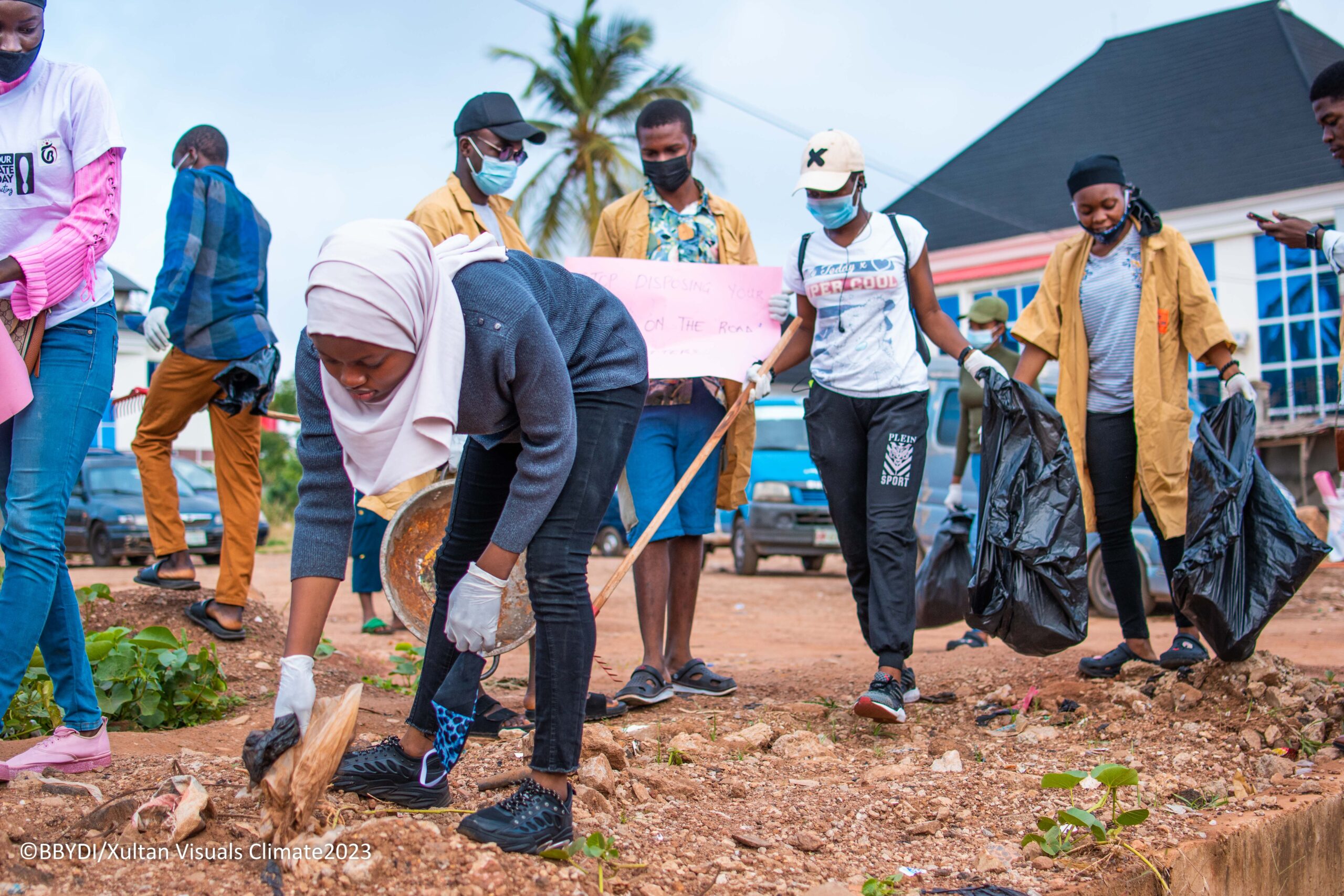Mohammed Tsadu was a rice farmer in the agrarian and fishing community of Kpata-Gbaradogi.
He lost his farm to the 2022 flooding that ravaged the major country and since then he has had to fend for himself and his young family by doing menial jobs in the community or Patigi township to make ends meet.
He said youths like him who are rice farmers have not been able to farm this year because they are scared of running into losses through the yearly flood which always ravaged the community.
According to him “Because of the losses I suffered last year and no help from anyone I am now riding okada and delivering N2,000 ($4.34) daily to the owner while I take the rest.
“When there are low sales, I help market women offload their goods brought across the river Niger in canoes, to the market in Patigi,” he said.
This is the sad story of most inhabitants of communities like Patigi, Kpata-Gbaradogi in Patigi LGA others like Pututa, Esun, Kpasha, Tswako, Likpata, Eko, Chewuru, Ebangi, Dzanagu in Edu local government area of Kwara state, North Central, suffering from the devastating effects of climate change which locals have little or knowledge about.
The Impact of yearly flooding in some Kwara communities has forced rice farmers to abandon the once-thriving business of rice farming for menial jobs to survive.
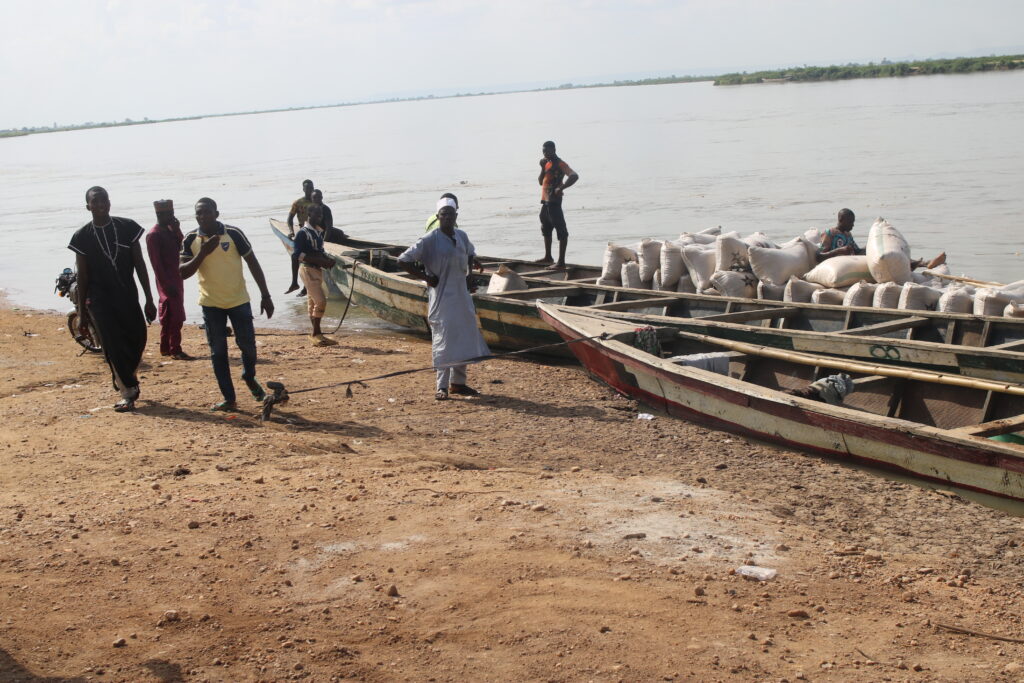
This phenomenon has been observed in several communities in the state where farmers who were once self-sufficient have now been forced to adapt to the changing climate.
For many years rice farming was a profitable business in these areas, providing a source of income for the farmers and contributing to the local economy.
However, with the increased flooding caused by heavy rains, many farmers have lost their crops and have been left with no means of income. As a result, they have turned to riding Okada motorcycles, popularly known as Okada to make ends meet.
63-years old Mohammed Jiya, who is the Ndatsowa Tsadu of Gbaradogi (Second in command) stated that the community started experiencing perennial flooding in 2012, saying that the flood of that year has changed the way of life of people of the community.
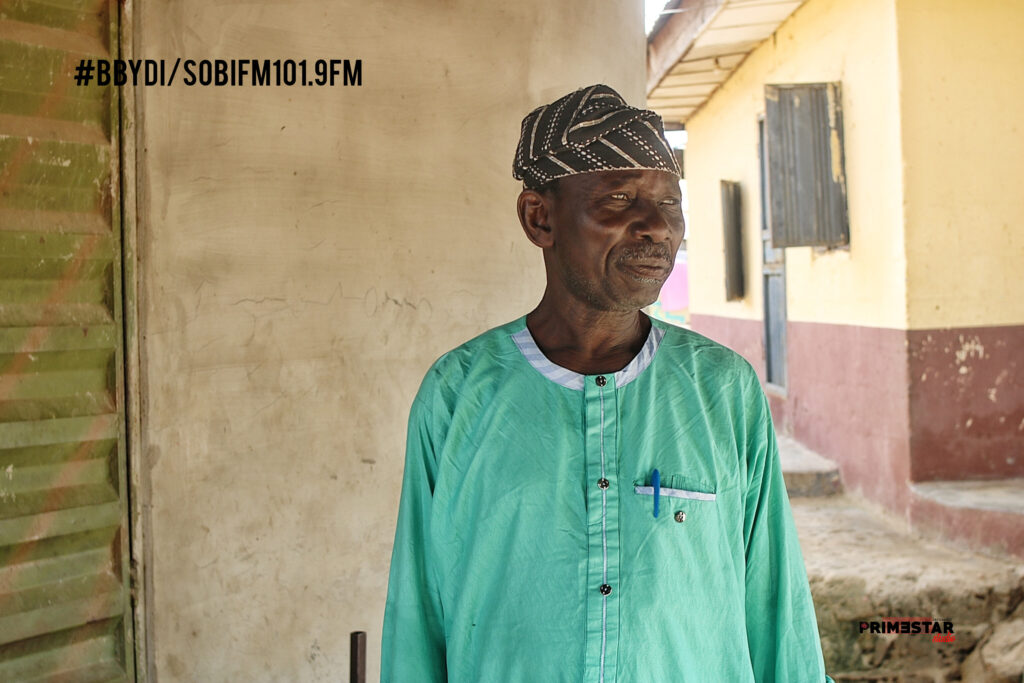
“Since 2012 we started witnessing flooding every year, our rice farms are gone we are always afraid to farm, fishes in the rivers are not much like before, and whenever it rains the whole community will be apprehensive.
“We lost 10 people to flooding last year, our children can’t go to school nor do we have a functional health center to cater to our health needs.
“Any time it rains and the whole community is submerged some villagers hang around with friends and family’s upland while most of us live on the water until the water recedes,” he lamented.
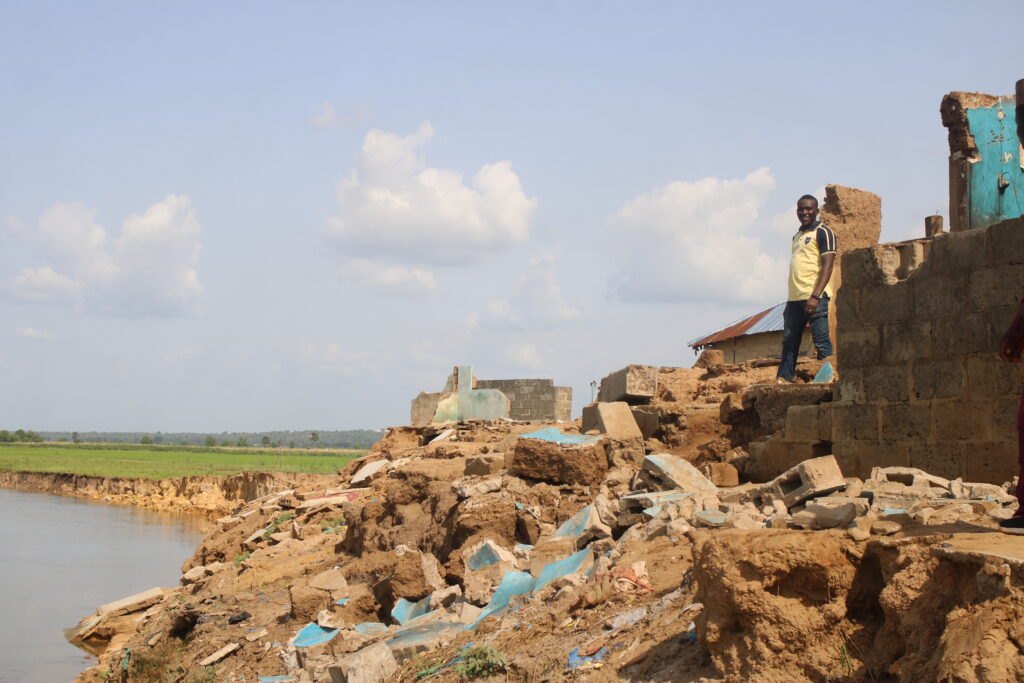
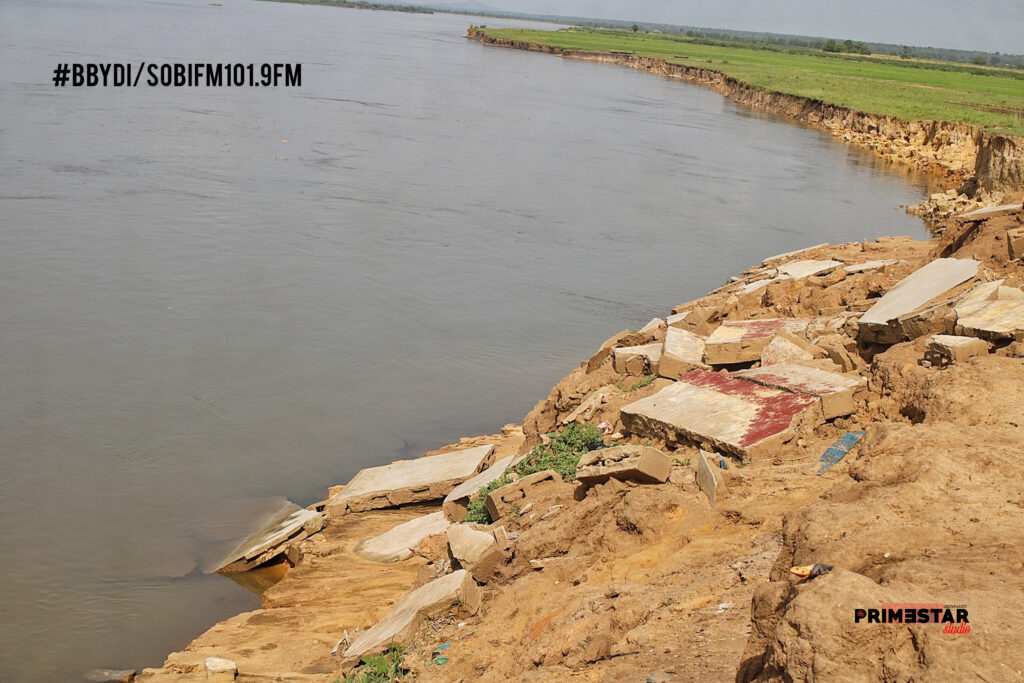
He also lamented that the government has made numerous unfulfilled promises to the community.
“Whenever flood comes and government comes with relief materials, the way it is shared, many victims will be excluded and when they get its largely inadequate 50 persons will be given a bag of rice to share, how can 50 people share a bag of rice,” he queried.
He however appealed to the government to relocate the community to another location provided with basic amenities that will make the people comfortable.
“Relocation is our concern, if the government can take us to another place safe, we can start our lives afresh,” he said.
Apart from the destruction of thousands of hectares of farmlands, the flood created streams in different locations within the communities, rendering the people helpless and confused.
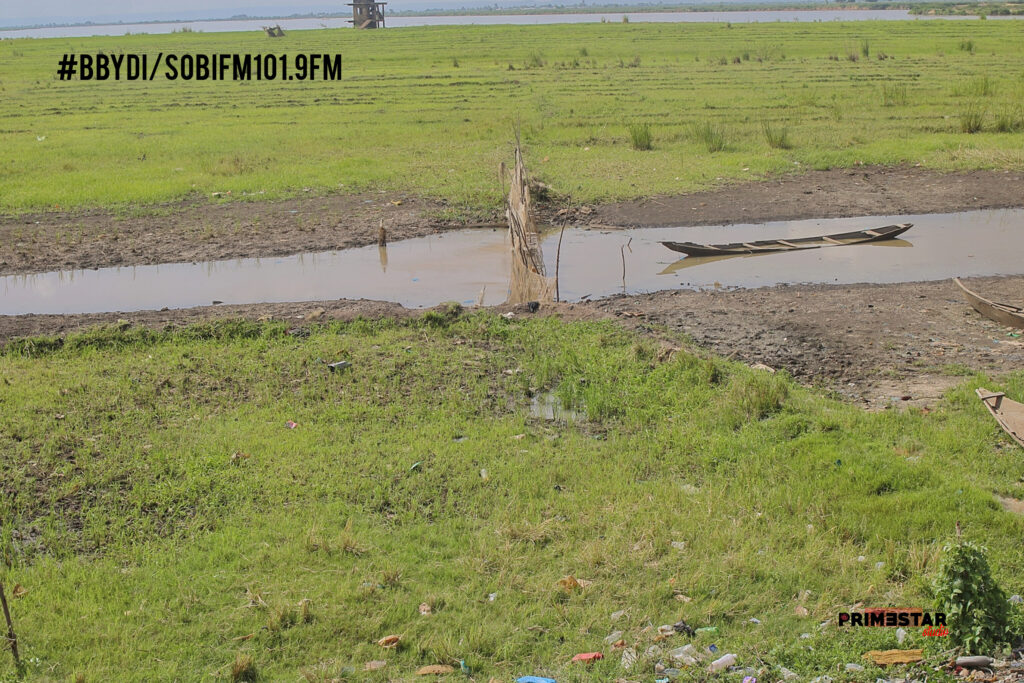
The district head of Likpata and Chewuru Alhaji Manzuma Ndamusa, spoke on behalf of the communities’ said villages around the river Niger always suffer heavy losses due to the destruction of their farmlands occasioned by the volume of water from the river Niger during the rainy season.
He said in the month of August through October when rainfall is heavy, members of the communities always vacate their homes to engage in menial jobs to survive in towns while most of the youths have taken to Okada riding.
He said Kpasha community is the most affected as half of the village is under water and the people can’t leave, this is due to the fact that the land provided for the community to relocate to by the government is bare without a single structure.
“The Flood every year always destroys food stuff, farmlands, and live stocks are lost. Most times when the water comes, residents stay on trees for days or makeshift tree houses until help comes.
“Whenever it rains during the thick of rainy season many people leave the villages for almost four months to do menial jobs and come back after the water has receded.
“Government has visited all these communities to see the suffering of the people with promises but nothing has been done till date,” he lamented.
In Kpata-Gbaradogi our reporter observed the last erosion control measure carried out in the community was done in 2002 during the era of former Governor Mohammed Lawal.
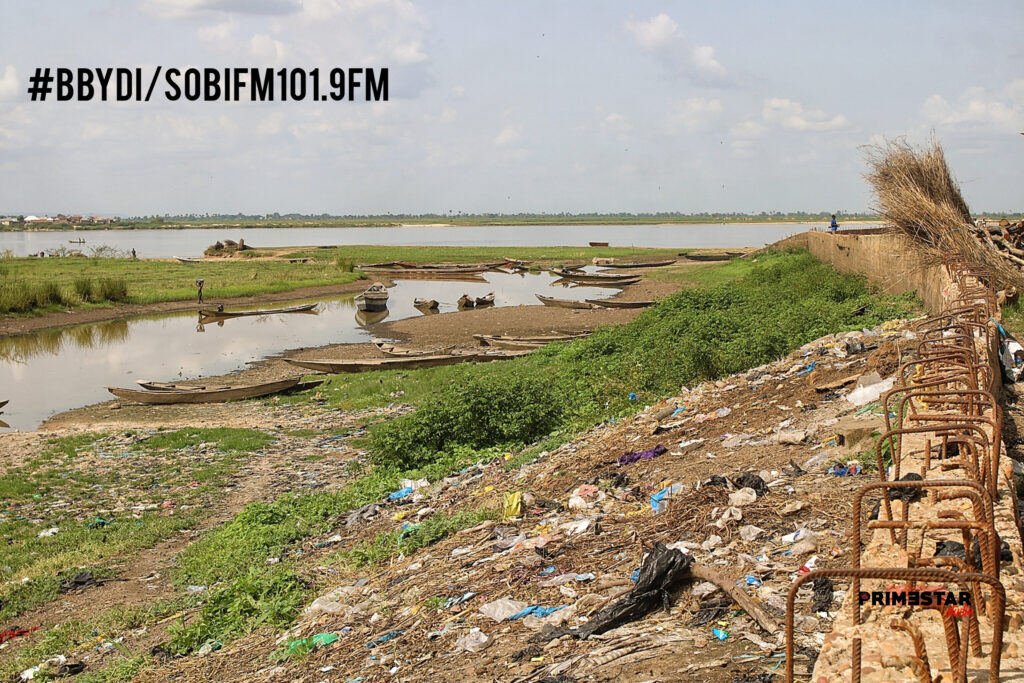
DEVASTATING FLOODS
Early this year, the Nigerian Meteorological Agency (NiMET) predicted worse floods this year.
Director-General, NiMet, Mansur Bako had said during the public release of the 2023 Seasonal Climate Prediction (SCP), that Nigerians, especially those in riverine areas, should expect more floods this year.
According to him, “Flood is a natural event and with the increase in climate change activities, there will be more floods. This is because climate change is due to increasing temperatures.
“With increased temperature, the atmosphere will be more pregnant with more water vapour. That means more rain. This rain will come in high intensity”,
Several reasons have been given put forward as the underlying cause of the devastating flood incident with climate activists and researchers saying that climate change is one of the main reasons for the disastrous floods.
Northern Nigeria is particularly at risk of flooding because it is characterized by low vegetation partly due to deforestation and desert encroachment,” Adelodun Majekobaje, a Doctoral researcher (forestry and climate change) at Louisiana State University, United States, said.
“Trees are known to mitigate flooding. Their canopies provide a surface area that intercepts rain and prevents the amount that reaches the ground. Their roots also absorb soil water and create conditions that promote infiltration into the soil. The absence of these trees in substantial amounts in northern Nigeria encourages flooding.
“A major factor that contributed to severe floods in 2022 according to government officials, was the release of excess water from the Lagdo dam.
“The Lagdo dam will inevitably be opened, and when that is opened, the flooding of last year will be little compared to 2023”, he warned, adding that, “sea levels are rising, rainfall is increasing, it would be worse than the flood of last year,” he warned.
Several stakeholders have repeatedly called on the federal government to dredge the rivers Niger and Benue and build dams, but the government is yet to take any action on that.
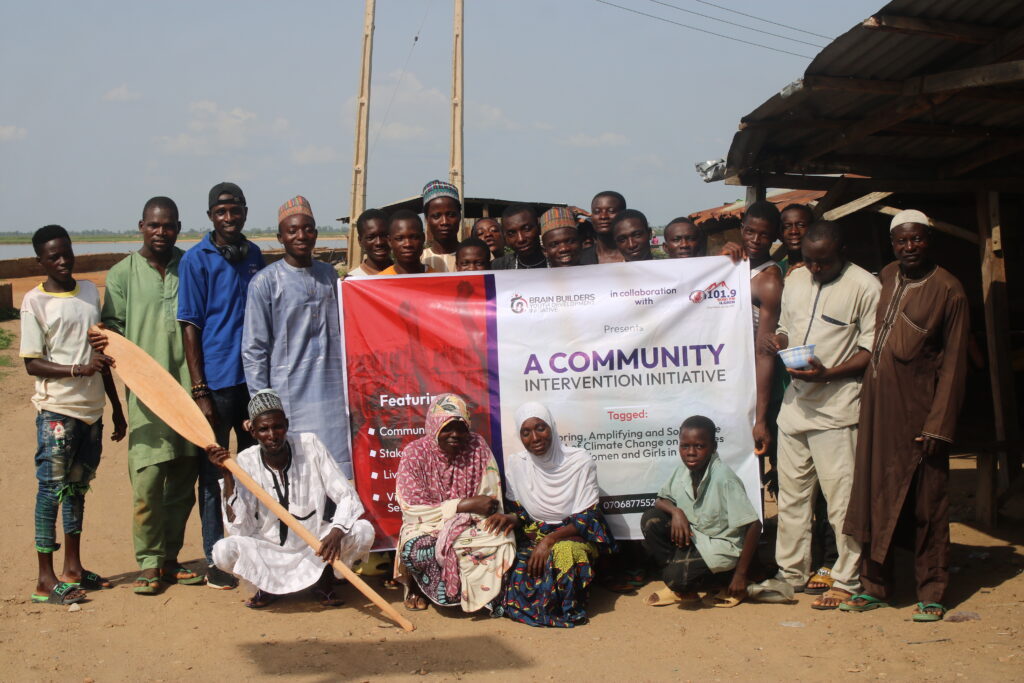
By Dare Akogun
This story is produced with support from Brain Builders Development Youth Initiative (a climate-focused non-profit in Nigeria) and Sobi 101.9 FM Ilorin, Kwara State, North Central Nigeria.


